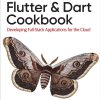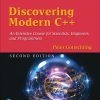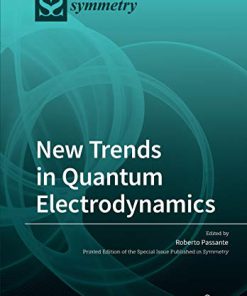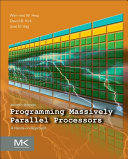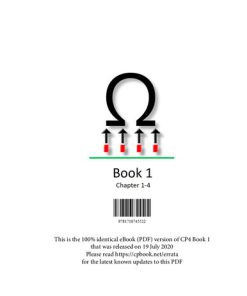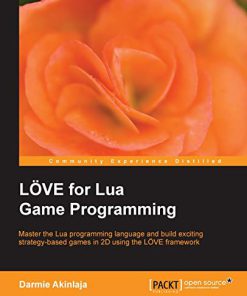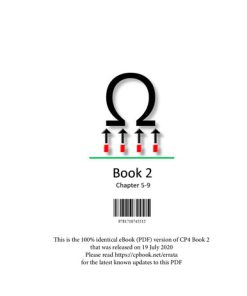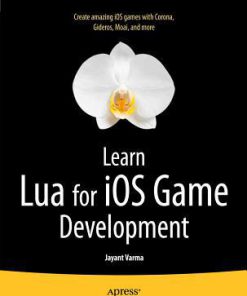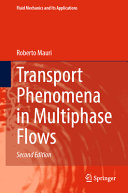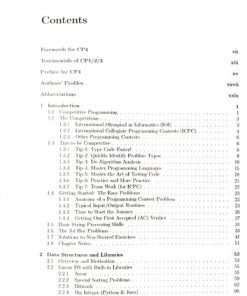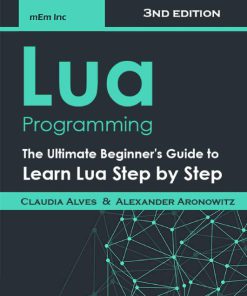Programming in Lua 4th Edition by Roberto Ierusalimschy 8590379868 9788590379867
$50.00 Original price was: $50.00.$25.00Current price is: $25.00.
Programming in Lua 4th Edition by Roberto Ierusalimschy – Ebook PDF Instant Download/Delivery: 8590379868, 9788590379867
Full download Programming in Lua 4th Edition after payment
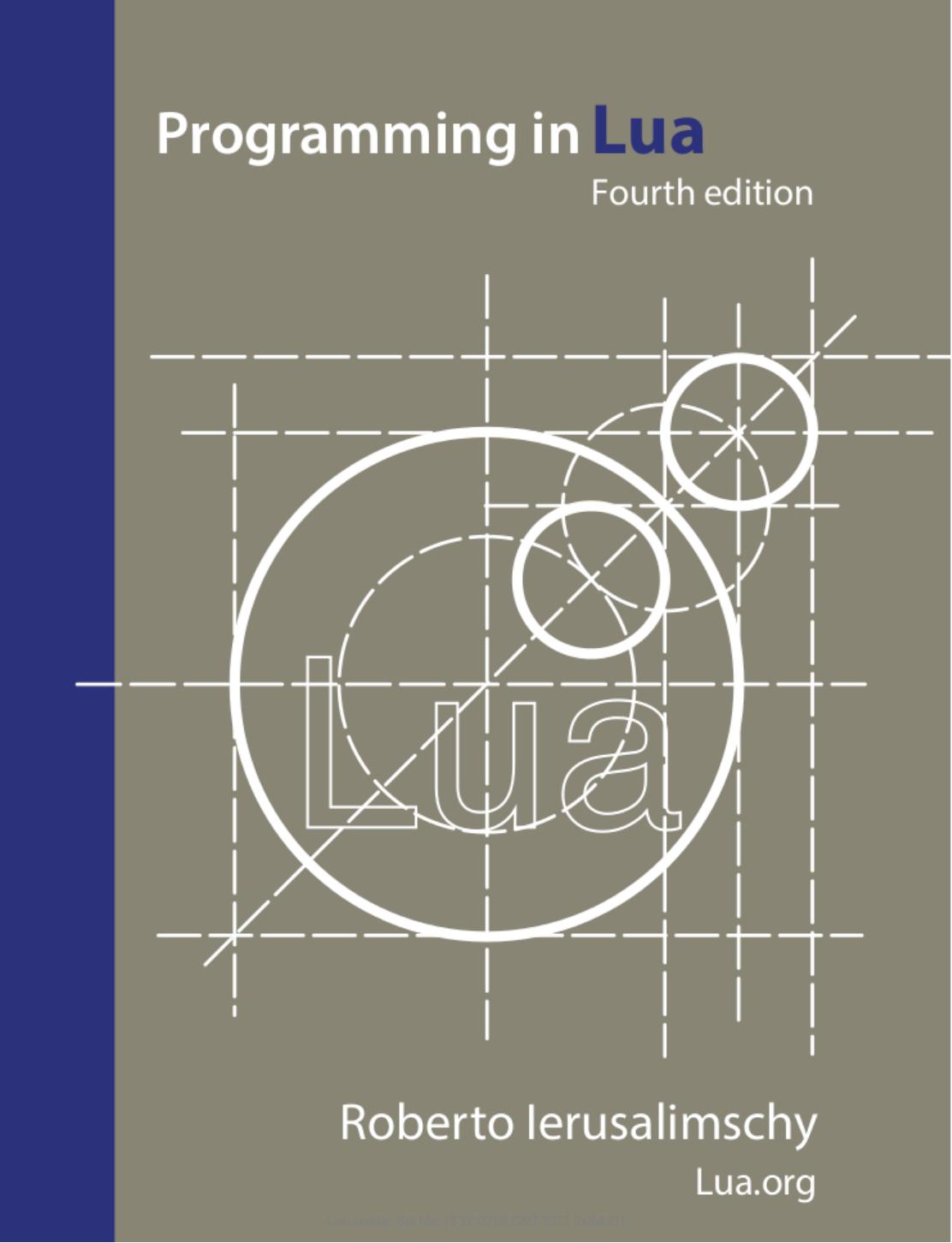
Product details:
ISBN 10: 8590379868
ISBN 13: 9788590379867
Author: Roberto Ierusalimschy
Lua is spreading more and more throughout different areas of software, from embedded systems and mobile devices to the Web and the Internet of Things. Besides, it has a major role in the game industry, where knowledge of Lua has become an indisputable asset. Lua is the language of choice for anyone who needs a scripting language that is simple, efficient, extensible, portable, and free. Programming in Lua is the official book about the language, providing a solid base to any programmer who wants to use Lua. Authored by Roberto Ierusalimschy, the chief architect of the language, it covers all aspects of Lua 5—from the basics to its API with C. The book is the main source of programming patterns for Lua, with numerous code examples that help the reader to make the most of Lua’s flexibility and powerful mechanisms. Programming in Lua is targeted at people with some programming background, but does not assume any prior knowledge about Lua or other scripting languages. This Fourth Edition updates the book to Lua 5.3 and marks a complete reorganization of the text. Building on his many years of experience teaching Lua, Roberto has restructured the book to present the material in a growing order of complexity, allowing the reader to better absorb the character of the language.
Programming in Lua 4th Table of contents:
I. The Basics
-
Getting Started
1.1 Chunks
1.2 Some Lexical Conventions
1.3 Global Variables
1.4 Types and Values
1.5 The Stand-Alone Interpreter
1.6 Exercises -
Interlude: The Eight-Queen Puzzle
2.1 Exercises -
Numbers
3.1 Numerals
3.2 Arithmetic Operators
3.3 Relational Operators
3.4 The Mathematical Library
3.5 Representation Limits
3.6 Conversions
3.7 Precedence
3.8 Lua Before Integers
3.9 Exercises -
Strings
4.1 Literal Strings
4.2 Long Strings
4.3 Coercions
4.4 The String Library
4.5 Unicode
4.6 Exercises -
Tables
5.1 Table Indices
5.2 Table Constructors
5.3 Arrays, Lists, and Sequences
5.4 Table Traversal
5.5 Safe Navigation
5.6 The Table Library
5.7 Exercises -
Functions
6.1 Multiple Results
6.2 Variadic Functions
6.3 The Function Table Unpack
6.4 Proper Tail Calls
6.5 Exercises -
The External World
7.1 The Simple I/O Model
7.2 The Complete I/O Model
7.3 Other Operations on Files
7.4 Other System Calls
7.5 Exercises -
Local Variables and Blocks
8.1 Control Structures
8.2 Exercises
II. Real Programming
9. Closures
9.1 Functions as First-Class Values
9.2 Non-Global Functions
9.3 Lexical Scoping
9.4 A Taste of Functional Programming
9.5 Exercises
-
Pattern Matching
10.1 The Pattern-Matching Functions
10.2 Patterns
10.3 Captures
10.4 Replacements
10.5 Tricks of the Trade
10.6 Exercises -
Interlude: Most Frequent Words
11.1 Exercises -
Date and Time
12.1 The Function os.time
12.2 The Function os.date
12.3 Date-Time Manipulation
12.4 Exercises -
Bits and Bytes
13.1 Bitwise Operators
13.2 Unsigned Integers
13.3 Packing and Unpacking Binary Data
13.4 Binary Files
13.5 Exercises -
Data Structures
14.1 Arrays
14.2 Matrices and Multi-Dimensional Arrays
14.3 Linked Lists
14.4 Queues and Double-Ended Queues
14.5 Reverse Tables
14.6 Sets and Bags
14.7 String Buffers
14.8 Graphs
14.9 Exercises -
Data Files and Serialization
15.1 Data Files
15.2 Serialization
15.3 Exercises -
Compilation, Execution, and Errors
16.1 Compilation
16.2 Precompiled Code
16.3 Errors
16.4 Error Handling and Exceptions
16.5 Error Messages and Tracebacks
16.6 Exercises -
Modules and Packages
17.1 The Function require
17.2 The Basic Approach for Writing Modules in Lua
17.3 Submodules and Packages
17.4 Exercises
III. Lua-isms
18. Iterators and the Generic for
18.1 Iterators and Closures
18.2 The Semantics of the Generic for
18.3 Stateless Iterators
18.4 Traversing Tables in Order
18.5 True Iterators
18.6 Exercises
-
Interlude: Markov Chain Algorithm
19.1 Exercises -
Metatables and Metamethods
20.1 Arithmetic Metamethods
20.2 Relational Metamethods
20.3 Library-Defined Metamethods
20.4 Table-Access Metamethods
20.5 Exercises -
Object-Oriented Programming
21.1 Classes
21.2 Inheritance
21.3 Multiple Inheritance
21.4 Privacy
21.5 The Single-Method Approach
21.6 Dual Representation
21.7 Exercises -
The Environment
22.1 Global Variables with Dynamic Names
22.2 Global-Variable Declarations
22.3 Non-Global Environments
22.4 Using_ENV
22.5 Environments and Modules
22.6 _ENV and Load
22.7 Exercises -
Garbage
23.1 Weak Tables
23.2 Memorize Functions
23.3 Object Attributes
23.4 Revisiting Tables with Default Values
23.5 Ephemeron Tables
23.6 Finalizers
23.7 The Garbage Collector
23.8 Controlling the Pace of Collection
23.9 Exercises -
Coroutines
24.1 Coroutine Basics
24.2 Who Is the Boss?
24.3 Coroutines as Iterators
24.4 Event-Driven Programming
24.5 Exercises -
Reflection
25.1 Introspective Facilities
25.2 Hooks
25.3 Profiles
25.4 Sandboxing
25.5 Exercises -
Interlude: Multithreading with Coroutines
26.1 Exercises
IV. The C API
27. An Overview of the C API
27.1 A First Example
27.2 The Stack
27.3 Error Handling with the C API
27.4 Memory Allocation
27.5 Exercises
-
Extending Your Application
28.1 The Basics
28.2 Table Manipulation
28.3 Calling Lua Functions
28.4 A Generic Call Function
28.5 Exercises -
Calling C from Lua
29.1 C Functions
29.2 Continuations
29.3 C Modules
29.4 Exercises -
Techniques for Writing C Functions
30.1 Array Manipulation
30.2 String Manipulation
30.3 Storing State in G Functions
30.4 Exercises -
User-Defined Types in C
31.1 Userdata
31.2 Metatables
31.3 Object-Oriented Access
31.4 Array Access
31.5 Light Userdata
31.6 Exercises -
Managing Resources
32.1 A Directory Iterator
32.2 An XML Parser
32.3 Exercises -
Threads and States
33.1 Multiple Threads
33.2 Lua States
33.3 Exercises
People also search for Programming in Lua 4th:
programming in lua fourth edition online
programming in lua third edition
lua programming for beginners
lua programming youtube
Tags:
Roberto Ierusalimschy,Programming,Lua
You may also like…
Computers - Hardware
Programming Massively Parallel Processors 4th Edition Wen-Mei W. Hwu
Computers - Algorithms and Data Structures
Computers - Programming
LÖVE for Lua Game Programming 1st Edition by Damilare Darmie Akinlaja ISBN 1782161600 978-1782161608
Computers - Algorithms and Data Structures
Uncategorized
Physics - Mechanics: Fluid Mechanics
Transport Phenomena in Multiphase Flows 2nd Edition by Roberto 9783031289200 303128920X
Computers - Algorithms and Data Structures
Computers - Programming

